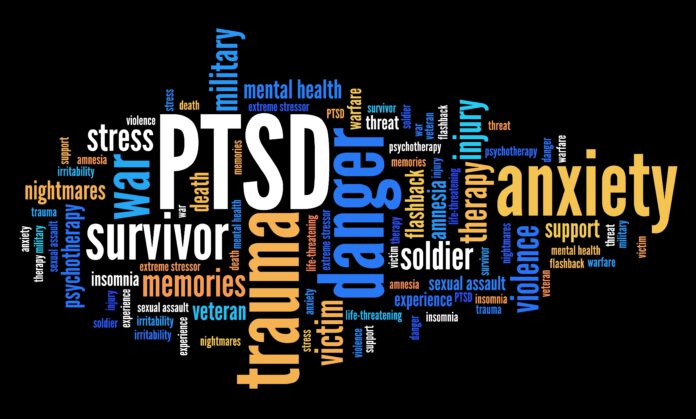Anyone can develop PTSD at any age. This includes war veterans, children, and people who have been through a physical or sexual assault, abuse, accident, disaster, or many other serious events. According to the National Center for PTSD, about 7 or 8 out of every 100 people will experience PTSD at some point in their lives. Women are more likely to develop PTSD than men, and genes may make some people more likely to develop PTSD than others.
Not everyone with PTSD has been through a dangerous event. Some people develop PTSD after a friend or family member experiences danger or harm. The sudden, unexpected death of a loved one can also lead to PTSD.
Why do some people develop PTSD and other people do not?
It is important to remember that not everyone who lives through a dangerous event develops PTSD. In fact, most people will not develop the disorder.
Many factors play a part in whether a person will develop PTSD. Some examples are listed below. Risk factors make a person more likely to develop PTSD. Other factors, called resilience factors, can help reduce the risk of the disorder.
Risk Factors and Resilience Factors for PTSD
Some factors that increase risk for PTSD include:
- Living through dangerous events and traumas
- Getting hurt
- Seeing another person hurt, or seeing a dead body
- Childhood trauma
- Feeling horror, helplessness, or extreme fear
- Having little or no social support after the event
- Dealing with extra stress after the event, such as loss of a loved one, pain and injury, or loss of a job or home
- Having a history of mental illness or substance abuse
Some resilience factors that may reduce the risk of PTSD include:
- Seeking out support from other people, such as friends and family
- Finding a support group after a traumatic event
- Learning to feel good about one’s own actions in the face of danger
- Having a positive coping strategy, or a way of getting through the bad event and learning from it
- Being able to act and respond effectively despite feeling fear
Researchers are studying the importance of these and other risk and resilience factors, including genetics and neurobiology. With more research, someday it may be possible to predict who is likely to develop PTSD and to prevent it.


